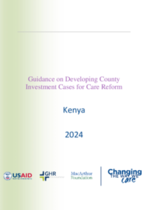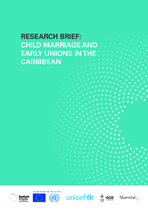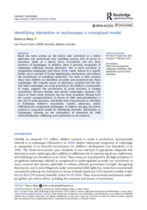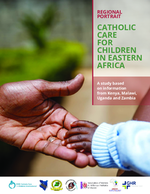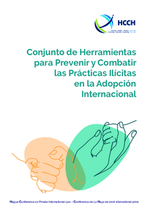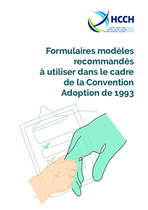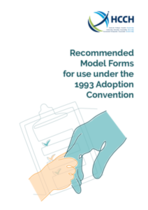Podcast: Americans are Funding Orphanages Against Expert Advice
Around the world, millions of children are growing up in orphanages, or children's homes as they are called in many places. But research has shown that the vast majority of them, actually have families.

